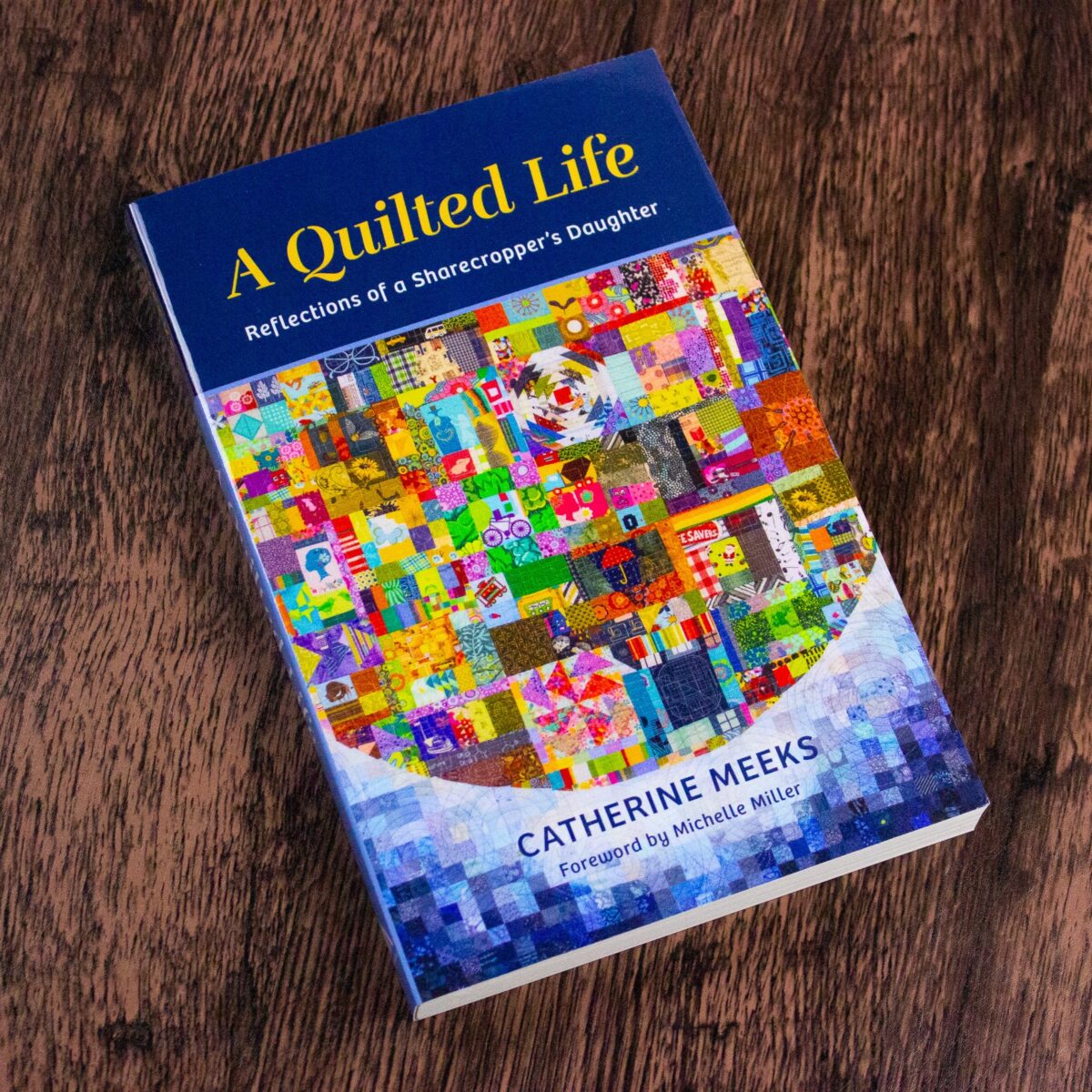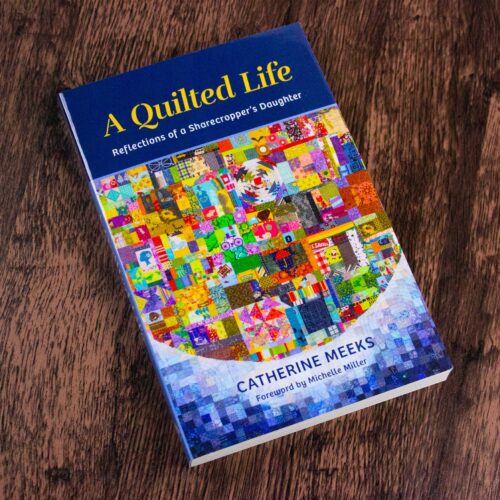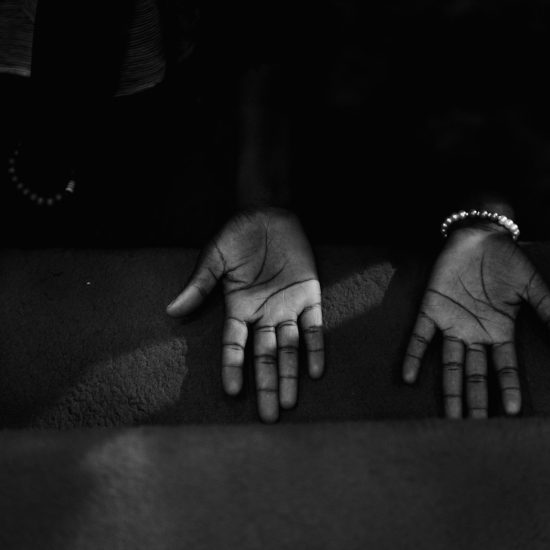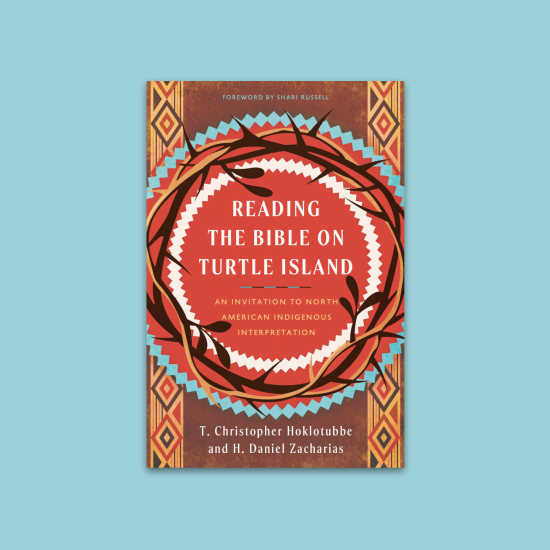

A QUILTED LIFE: Reflections of a Sharecropper’s Daughter. By Catherine Meeks. Foreword by Michelle Miller. Grand Rapids, MI: Wm. B. Eerdmans Publishing Company, 2024. XVII + 205 pages.
Across the United States, we are witnessing a backlash against DEI (Diversity, Equity, and Inclusion), with some states such as Florida essentially outlawing DEI trainings and programs in schools, universities, and even businesses. Apparently, DEI makes white people feel bad about themselves. I’m white, I’m required by my denomination to take anti-racism training, and I don’t find these trainings to be a problem. Understanding the challenges faced by persons who have historically been marginalized, whether due to race, ethnicity, gender, or sexual orientation, should, one would think, help level the playing field. We can attempt to “whitewash” history, and assume that from day one everyone has had an equal share in the benefits of American society, but that would be untrue. So, it’s important that we hear the stories of those who have faced challenges due to who they are. Some have overcome these challenges, due to great determination and often with great suffering so that others might have the opportunities denied to those who went before them.

Robert D. Cornwall
Catherine Meeks offers us a look at her own life story that starts with growing up the daughter of a sharecropper who couldn’t read or write and a mother who served as a teacher, even as she struggled to achieve a degree. These two parents did their best to help their daughter overcome her origins. She achieved much in life, but she had to overcome many obstacles put in her way by a white majority society. In the course of writing A Quilted Life, Meeks shares the wisdom she garnered over the journey of her life, from her father’s sharecropping fields to the academy and beyond.
Today, Meeks is retired from her final life calling as executive director of the Absalom Jones Center for Racial Healing, an organization she helped found within the Episcopal Church. Over the years Meeks served as a social worker, academic administrator, and professor. She served on the faculty of both Mercer University and Wesleyan College, both in Georgia. In the latter of the two positions, she held the Clara Carter Acree Distinguished Professor of Socio-Cultural Studies. While at Mercer she helped create and lead the African American studies program. She prepared for these positions by earning degrees from Pepperdine University, Atlanta University, and Emory University, where she earned a Ph.D.
Although Meeks retired from a distinguished academic career before leading a center for racial healing, in this memoir she helps us better understand the ways that being a Black woman in America can be difficult. She overcame many obstacles, but it took a toll on her. Through telling her story, she seeks to enlighten readers — whether or not we have had to deal with these obstacles — so that we might better understand those challenges and find encouragement as we face the problems of our day. She does this from the perspective of being a national leader in the cause of racial healing. As such she has become an empowered voice for change.
The title of Meeks’s book is taken from her mother’s practice of quilting. She writes that her mother kept a rag sack handy. This sack contained pieces of cloth taken from old clothes, but which were sown together to form quilts. While people might think that these seemingly worn-out pieces of cloth were worthless, such is not the case. When sewn together to form a quilt they were transformed, “just as all our inner and outer experiences transform us” (p. xi). This image of the quilt made from rags serves as how Meeks holds the various pieces of her own story together. She writes:
My journey resembles quilt-making in that it comprises many experiences that the world would see as raggy—irredeemable or useless. I have suffered from rheumatoid arthritis and have been exhausted by trying to build a career in racist institutions. I have raised two Black young men, on my own, in a country that threatens the lives and safety of Black men. Despite the hardship, each of these experiences has allowed me new opportunities to listen for the sound of the genuine in myself and in the world around me. The rags became more than mere rags. They are threads of love that were waiting to be put into conversation with one another (p. xii).
Meeks grew up in Arkansas at a time when the state was still firmly in the grip of Jim Crow. Her father farmed a plot of land, something he was quite good at, but he could never improve his lot in life because of the way sharecropping worked. She writes that as an adult she realized that sharecropping is nothing more than glorified slavery. The landlord benefited at the expense of the farmer. Her mother was a teacher in segregated schools that paid poorly, but she persevered and eventually earned a degree. All along the way, Meeks reveals the reality of systemic racism.
Over a lifetime, Meeks faced the realities of systemic racism, which proclaimed White superiority and Black inferiority. Thus, she had to overcome her own origins, including less-than-stellar schools. But she loved reading and did well in school. Eventually, she escaped the segregated South and headed west to Los Angeles where she pursued her education at Compton College and Pepperdine University (then still in Los Angeles). While in Los Angeles she was a student at Pepperdine at the time when a Black teenager was killed by a white campus security guard even though the young man had permission to be on campus playing basketball. This event, which included the university administration of this Church of Christ-related university seeking to sweep it under the rug, helped awaken Meeks’s prophetic voice. She joined with other students in holding the university accountable. She also joined a local women’s group, which gave her hope that racial reconciliation was possible.
To the surprise of her family, Meeks left Los Angeles and returned to the South, where she would eventually earn her graduate degrees and enter the academic world. She thought she was going to the “New South,” but discovered that Macon, Georgia was some fifty years behind Atlanta when it came to opening up to African Americans. Nonetheless, she made a life for herself in Macon, ultimately teaching at two universities located there. While at Mercer she helped create the African American Studies program and led a community task force on violence, being on loan from her university. While leading a group of Mercer University students on a trip to West Africa, a trip that was transformative for her as a Black woman, she ended up meeting the man who would become her husband and the father of her son. Unfortunately, her years-long battle with rheumatoid arthritis severed their relationship, leaving her a single mother of both his son from a previous marriage and their son. Meanwhile, she worked tirelessly at Mercer University to expand the African American studies program, doing so while earning her MSW and PhD degrees.
As we walk with Meeks, she threads her life story with the story of her faith journey. She was born into a nominally Baptist family, became part of the Churches of Christ, and then eventually joined the Episcopal Church. While faith isn’t necessarily always at the forefront of the story, it is the thread that holds things together, even if the church itself is not always as supportive of her journey. She concludes the story of her life journey by returning to the image of the quilt made of rags that were transformed into something beautiful. Thus, she writes of what she calls “scraps of love: We can take all our narratives, encounters, triumphs, failures, hopes, and fears and allow them to be woven into a fabric that represents our journey. Each individual piece might not be beautiful or have a clear purpose. But together they become a unified whole, both useful and beautiful” (p. 189). Thus, Meeks shares the journey that took her from a sharecropper’s shack to the heights of academic success. It was a difficult journey that was sustained by her faith, her family, and her friends. While she admits she would rather not have gone through all the troubles she endured in life, they are part of the quilt that is her life story. Together they serve to remind us that some journeys are more difficult than others.
Readers will leave the pages of A Quilted Life enriched by Meeks’s unique perspective and insight as to the realities of systemic racism. As such it should serve as a strong response to those who seek to dismantle anti-racism and DEI efforts that people such as Catherine Meeks have labored to create. As this is a memoir, it is the details that are truly enlightening. She closes the book with these words: “I thank the Creator for this journey. I thank the Creator for empowering me” (p. 205). We can be thankful that empowered by the Creator she persisted and committed her life to making a difference in a world still bound by racism.
This review originally appeared on BobCornwall.com.
Robert D. Cornwall is an ordained minister in the Christian Church (Disciples of Christ). Now retired from his ministry at Central Woodward Christian Church (Disciples of Christ) of Troy, Michigan, he serves as Minister-at-Large in Troy. He holds a Ph.D. in Historical Theology from Fuller Theological Seminary and is the author of numerous books including his latest “Second Thoughts about the Second Coming: Understanding the End Times, Our Future, and Christian Hope” coauthored with Ronald J. Allen. His blog Ponderings on a Faith Journey can be found at www.bobcornwall.com.






